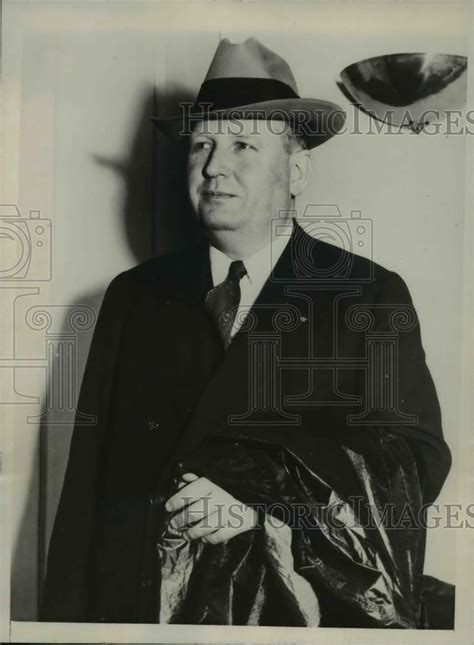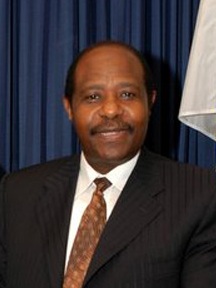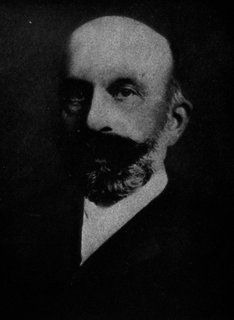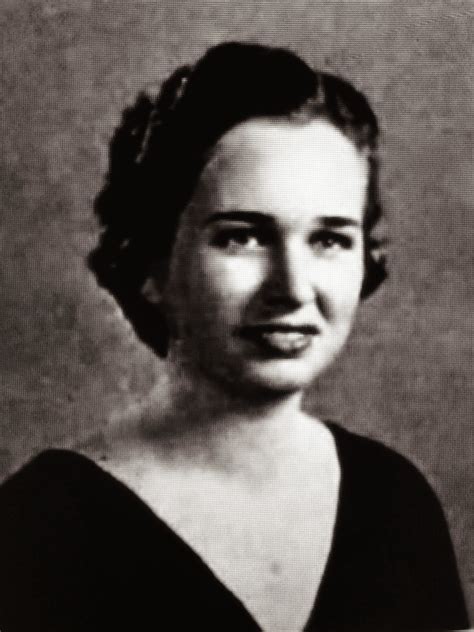A Quote by Robert Owen
Finding that no religion was based upon facts, but that all of them were in opposition to facts, and could not therefore be true, I began to reflect upon what must be the condition of mankind, trained from infancy to believe in these errors, and to make them the rule of their conduct.
Related Quotes
All good intellects have repeated, since Bacon's time, that there can be no real knowledge but that which is based on observed facts. This is incontestable, in our present advanced stage; but, if we look back to the primitive stage of human knowledge, we shall see that it must have been otherwise then. If it is true that every theory must be based upon observed facts; it is equally true that facts can not be observed without the guidance of some theory. Without such guidance, our facts would be desultory and fruitless; we could not retain them: for the most part we could not even perceive them.
Facts are neutral until human beings add their own meaning to those facts. People make their decisions based on what the facts mean to them, not on the facts themselves. The meaning they add to facts depends on their current story … facts are not terribly useful to influencing others. People don’t need new facts—they need a new story.
No longer can we afford to stuff the brains of the young with facts. The time is too short, the necessity for results too pressing. The new education must be based on the elimination of facts except as they illustrate principles. How to use facts, not how to accumulate them, is the purpose of true education.
Truths emerge from facts, but they dip forward into facts again and add to them; which facts again create or reveal new truth (the word is indifferent) and so on indefinitely. The 'facts' themselves meanwhile are not true. They simply are. Truth is the function of the beliefs that start and terminate among them.
People think that they have no right to judge a fact - all they have to do is to accept it. Thus from the moment that technics, the State, or production, are facts, we must worship them as facts, and we must try to adapt ourselves to them. This is the very heart of modern religion, the religion of the established fact, the religion on which depend the lesser religions of the dollar, race, or the proletariat, which are only expressions of the great modern divinity, the Moloch of fact.
Many, and I think the determining, constitutive facts remain outside the reach of the operational concept. And by virtue of this limitation this methodological injunction against transitive concepts which might show the facts in their true light and call them by their true name the descriptive analysis of the facts blocks the apprehension of facts and becomes an element of the ideology that sustains the facts. Proclaiming the existing social reality as its own norm, this sociology fortifies in the individuals the "faithless faith" in the reality whose victims they are.
A religion, that is, a true religion, must consist of ideas and facts both; not of ideas alone without facts, for then it would be mere Philosophy; - nor of facts alone without ideas, of which those facts are symbols, or out of which they arise, or upon which they are grounded: for then it would be mere History.
It was possible, maybe, to have facts in your mind that weren't facts at all. You could build a whole life's story on false assumptions. You could make truths out of untruths and untruths out of truths. Until you spoke them, really said them out loud or checked for sure, you may not have known which were which.





































